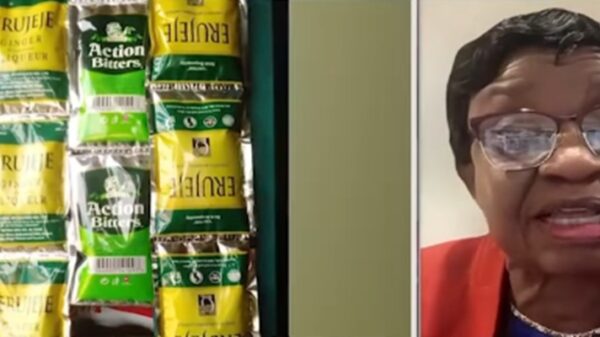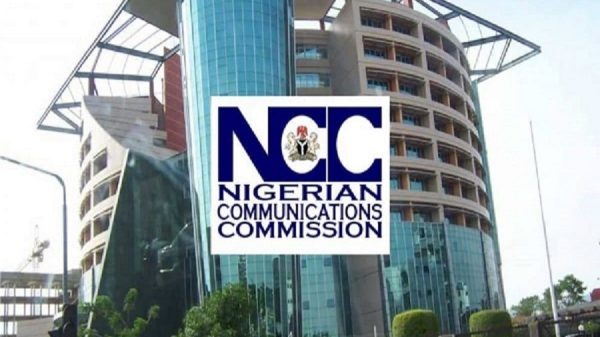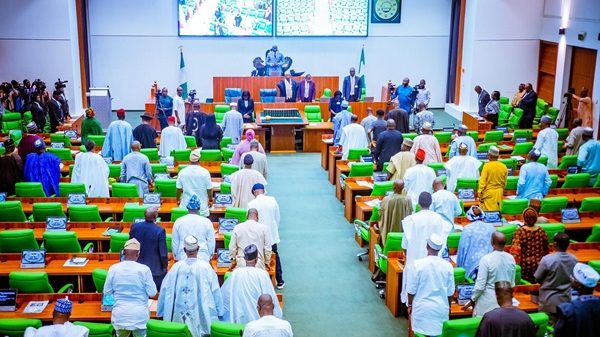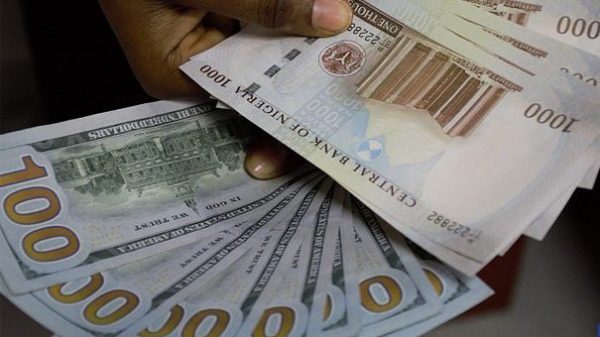Central Bank of Nigeria is preparing to impose stricter fines on banks that fail to comply with regulatory standards.
This move, according to the Deputy Director of CBN’s Consumer Protection Department, Jamiu Rabiu, is in response to banks’ lacklustre compliance with consumer protection standards.
Speaking on Monday at a high-level policy roundtable on financial inclusion for Persons with Disabilities, organised by the Consumer Advocacy and Empowerment Foundation, Rabiu highlighted the ineffectiveness of the current N2 to N3 fines in deterring recurring issues in the banking sector.
His remarks were in response to concerns raised by Persons with Disabilities who criticised the CBN for insufficient efforts to promote inclusivity in the financial sector.
They argued that the current penalties are not strong enough to deter banks from repeatedly violating their rights.
Rabiu said efforts were ongoing to increase the fine imposed on erring banks.
He said, “We’ve made several efforts, even reaching out to the Bankers’ Committee, because they work closely with the banks to address issues at the level of senior government. They’ve created groups aimed at preventing fraud.
“We’ve held discussions and gone over everything, but when things go back to the status quo, the same issues arise. I believe we need to strengthen our regulations and even increase the fines imposed.
“For instance, Madam mentioned that when we imposed fines of around N2m to N3m, it wasn’t yielding significant results. Whenever there’s an issue, the banks don’t always act.
“Recently, our Deputy Governor questioned why we were imposing only 2 million in fines. We are now considering increasing these fines. If payments are not made within a specified period, there will be an additional 2 million charge per day.”
He added, “Or if payment takes 6 months, we would calculate the total days to determine the accumulated fine. I believe increasing these fines is essential. This is a work in progress.”
He noted that the CBN would have to get the buy-in of the banking authorities to increase the fines to ensure better compliance from banks.
![]()




























































